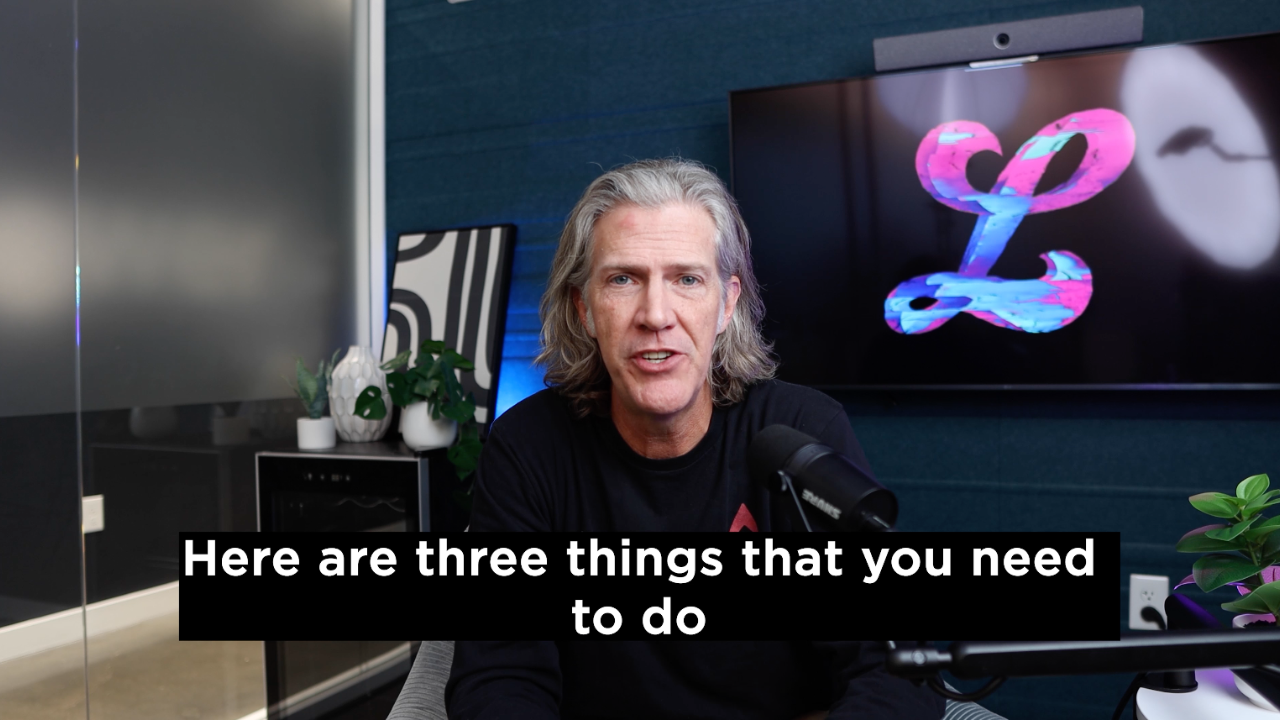You’re renting your home right now, but your dream is to buy one. If you’re like the majority of Americans, living paycheck to paycheck is also you’re reality.
Logically speaking, if your budget stays the same, you could be renting for a long, long time.
Luckily, there are some easy budget changes we could make that would make saving for a home a lot easier.
And it doesn’t have to take a lifetime, either.
With some good financial management and some tweaks to your monthly budget, you can be well on your way to saving for your dream home.
Here’s how to get started:
Manage your debt
It’s time to face the facts. Existing debt can be a huge strain on your existing finances. To put yourself in a better position to save, try paying off some other debts first.
Here are two important steps to get that debt under control and set yourself on the path to homeownership.
- Shift high-interest payments — Take a thorough accounting of all the credit card debt and other debt you have. The goal here is to shift your balances from high-interest credit cards to cards with lower interest. This will serve the dual purpose of making the monthly payments easier to handle while allowing you to pay off your principal balances faster. If you have a lot of debt, a consolidation loan may be an attractive option.
- Pay off as much as possible — Paying extra on bills may seem counterintuitive when you're trying to save up for a new home. However, a big part of your ability to get a loan will be your debt-to-income ratio. By paying off as much of your existing debt as possible, you'll be improving that ratio and increasing your chances of getting that new mortgage.
Examine your discretionary spending
In the end, there's only so much you can do about existing debt. You certainly can't choose to simply pay less on those bills. There are, however, many areas of your life where you can choose to spend less.
If some of the cutbacks suggested below seem undesirable, try to think of how much more you'll enjoy these things once you've saved up your down payment and can resume them in a new house.
- Cable — For a long time, consumers have realized how much they are paying for a lot of channels they never watch. Cable is one of the least cost-effective ways to consume video content these days. Consider finding a few streaming services that can replace your cable bill entirely.
- Streaming services — The recommendation to switch from cable to streaming services isn't unconditional. If you end up subscribing to every streaming service available, you're still spending as much as you did on cable, or more. If you're already subscribed to a lot of streaming services, look at which ones you make the most use of and consider cutting the rest.
- Cell phone — Most cell phones come with the requirement to have a data plan these days, but they don't require that you have the most expensive data plan. Many people pay for the premium plans, but don't end up using anywhere near the amount of data to justify those costs. You can save big money by finding your average monthly data usage and picking the cheapest plan that will cover that amount.
- Dining out — For many people, a trip to the drive-thru on the way to work or on the way home is a regular occurrence. These are the types of small purchases that quickly add up without you realizing it. A $3 energy drink on the way to work every day is around $60 a month. A $5 sandwich on the way home from work is $100 a month. Eating at home can save a significant amount of money.
Look into other ways to cut costs
Beyond cutting back on what you buy, there are other ways that you can save money. Below are just a few tips to help you keep more money in your bank account until you have the down payment on your dream home.
- Get a smaller rental — While it might not be ideal, getting a smaller rental while working towards your goal can help you save a lot on your monthly rent payment. A couple hundred dollars towards your down payment each month can make a big difference!
- Join a wholesale club — Wholesale clubs like Sam's Club and Costco can offer significant savings on any items that can be reasonably purchased in bulk, and some that can't. These clubs will almost certainly keep more money in your account than they take out in fees.
- Don't blow your tax refund — For most people, the end of the year means getting a nice-sized check from the government. A lot of people view this tax-repayment as free money and go wild with it. Instead, put the money directly into the bank and let it go toward your down payment.
Earn more income
Saving money isn't always about spending less. Sometimes, it's about making more. Below are a few tips to help you bring in extra cash for your new home.
- Ask for a raise — Asking for a raise can be intimidating, but if you’re able to back up your request with how long you’ve been at a company and how effective you’ve been, you’ll have a much better chance at reasoning with your employer and walking away with a larger paycheck.
- Get a roommate — Having a roommate will allow you to cut many of your living expenses in half. While you may not want a roommate long-term, halving your bills is a great way to set aside more money for a home you can one day call your own.
- Have a garage sale — They say one man's junk is another man's treasure. All the items you have sitting around that you no longer use may very well be someone else's treasure. By selling off those items, you can make a surprising amount of money to set aside for your savings.
- Earn money on the side — The gig economy is in full swing. It's never been easier for someone to make a little money on the side without having to take a second job that has strict scheduling requirements.
Plan a budget and stick to it
Now that you’ve set a big financial goal, it’s important to figure out a budget and stick to it. A good rule of thumb to follow is the 50/30/20 rule, where you allocate a portion of your take home pay into three categories:
- 50 percent towards essentials (think: food, housing, transportation)
- 30 percent towards lifestyle (dinners out, entertainment, and memberships)
- 20 percent towards financial priorities (like debt, student loans, retirement, and savings)
Since you have your sights set on a new home, try moving 5 to 10 percent of your lifestyle budget into the savings category. It might be challenging, but you’ll reap the benefits as your savings continue to build.
Look at government programs
If you live in the United States, there are a number of programs available to help make homeownership more affordable. The United States government maintains a list of the programs they offer. Because the programs available may change over time, it's a good idea to check that website every so often and see if anything has been added.

















.svg)

.svg)















